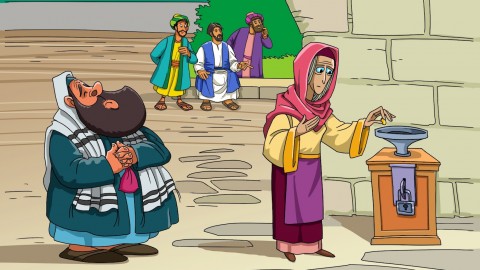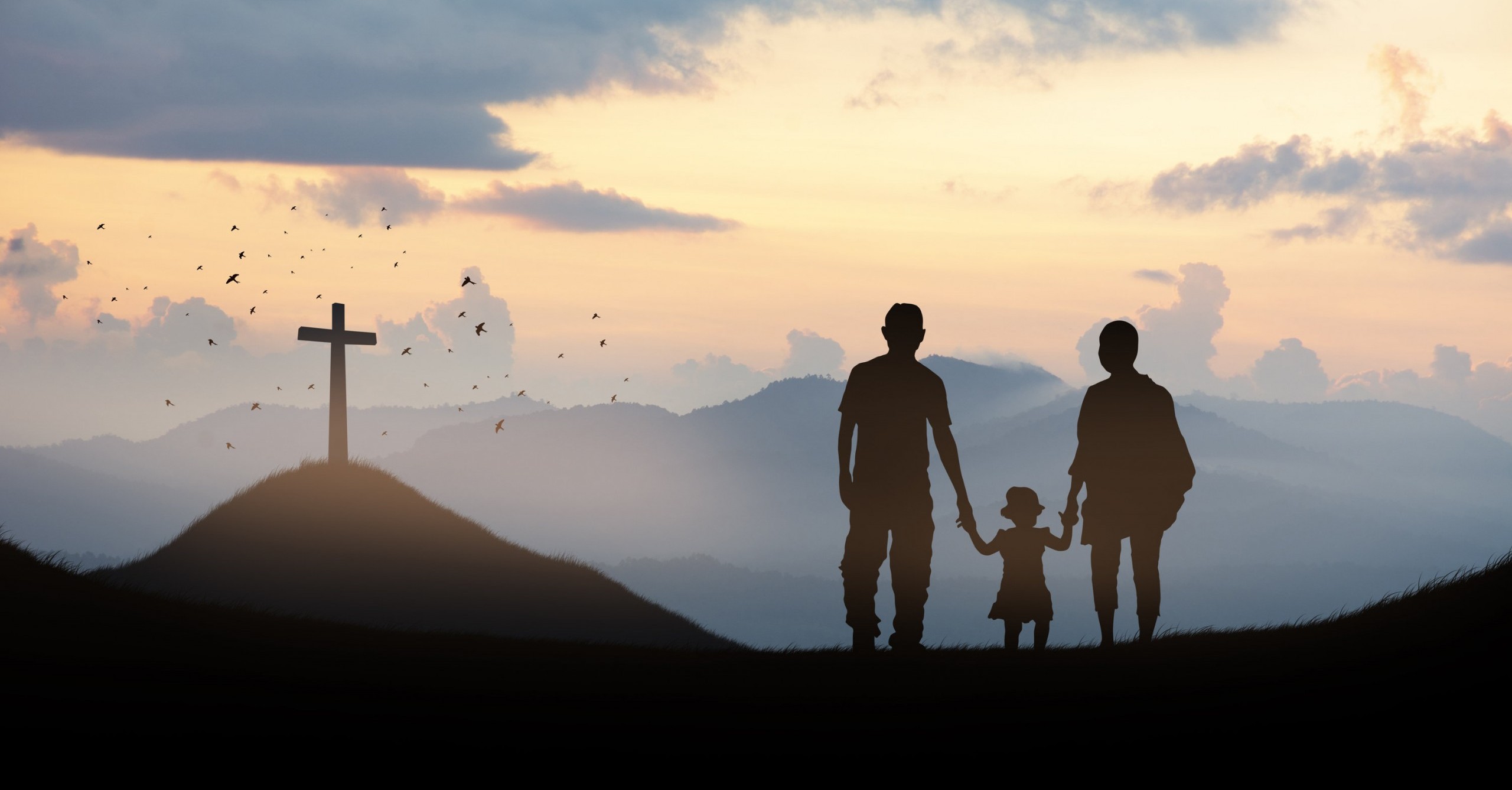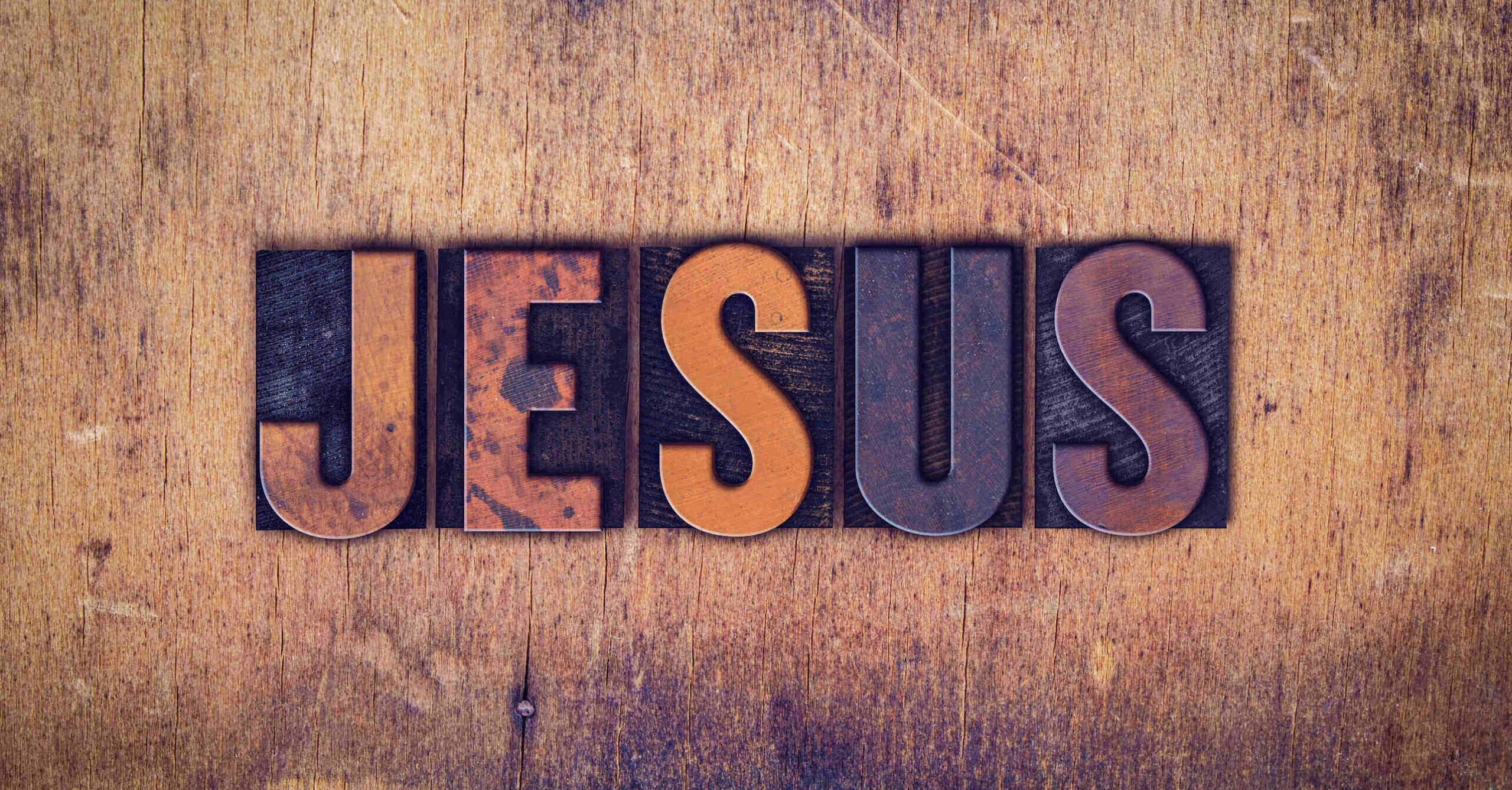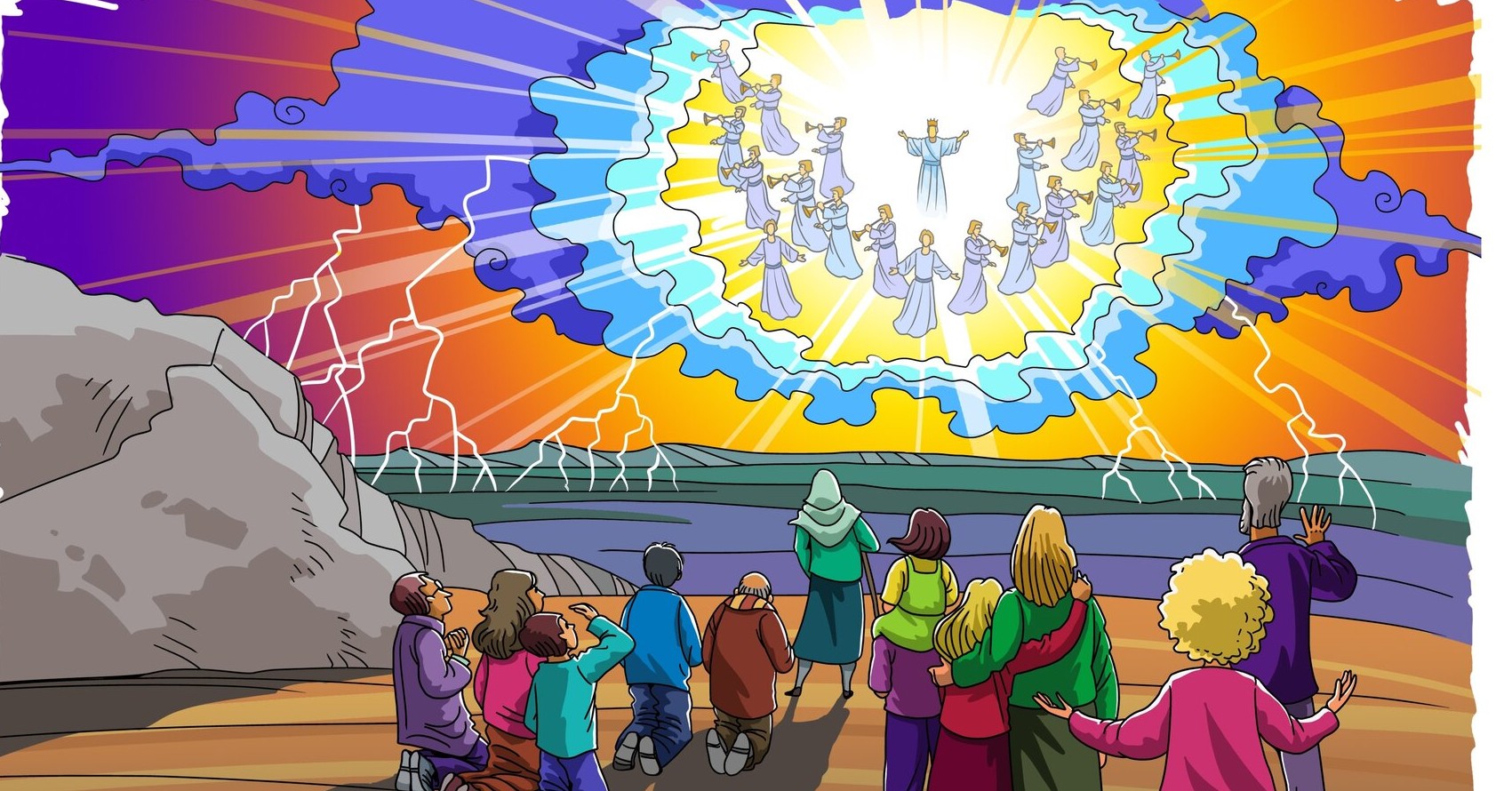Proper 24, 16 October 2022
We rejoice because we have the opportunity to gather in the presence of God. But God is even more joyful: He looks forward to you coming, and to being in our midst to bring us that which we cannot attain and the world cannot give. We turn to Him, and we understand that we are not alone and that God desires to be in our midst; that brings a lot of joy, peace, and hope. He said if two of you gather in My name, I will be in the midst of you.[i]
Today’s Gospel (Luke 18:1-8) is about perseverance in a course of action or a certain belief. It’s said that there is no road that doesn’t have any potholes. We want life to be a garden of roses, but roses have thorns. Perseverance is continuing in the same direction despite the obstacles we encounter; in relation to our Christian faith, it’s a total commitment to the Gospel of Jesus Christ. In the second reading (II Timothy 3:14-4:5), Paul exhorted Timothy to be persistent, whether the time is favourable or unfavourable.
Responding to War
Recently I visited our church in Tallinn, Estonia, and was advised that I would be asked to say something about the war. As we walked around the city, people seemed to be carrying on with their daily lives as if nothing was happening – at least on the outside – however you could feel anxiety in the air. Tallinn is 200km from the Russian border, and there were many soldiers around.
Europe was the theatre of two world wars: During the First World War, 9.7 million military personnel and 10 million civilians lost their lives, and 21 million were wounded; during the Second World War, approximately 50 million people died (equivalent to about 75% of the current population of France). More than half a million Filipinos died during World War II. Consequently, many Europeans could not reconcile the fact that God is love with human suffering; some stopped believing because they couldn’t understand why God would allow people to suffer.
I encourage you to read Mere Christianity by C.S. Lewis; he had many good things to say, and was writing during World War II, after being a soldier in World War I. In the Narnia story,[ii] some children leave London to escape the bombing, and enter a wardrobe: Lewis was conveying the message that there is a reality beyond these things that are happening, in a fictional story about the Kingdom of God. The British people made altars from boxes and celebrated the Eucharist in the subway because they were being bombed; the situation didn’t stop them from worshipping God.
Democracy does not produce an understanding of what is right or wrong, and laws cannot prevent evil; evil must and can only be conquered by the cross. Ukrainian President Zelenskyy asked the United Nations Security Council what had happened to the security of his country: laws are limited in regulating human behaviour. Humans made the atomic bomb; when evil is personified, war is inevitable. The West did not expect another war in Europe, but now it is at our doorstep, and this has changed people’s thinking. Equally shocking is the ability of humans to inflict harm on co-humans.
Friederich Nietzsche said,
“God is dead. God remains dead. And we have killed him.”
He was alluding to the possibility of eliminating the understanding of God’s existence. The idea of killing God, and being proud of it, is preposterous, or contrary to reason, because God is the giver of hope: if you kill God, you don’t have any hope. It doesn’t make sense. If you want peace, but you abandon God, where is the giver of peace? C. S. Lewis said that to argue with God is like sitting on the branch of a tree and at the same time cutting the tree. People become angry when they don’t get what they want, and it’s easy for us to blame God because of questions which are beyond our human capacity.
Signs of Liberation
Some have asked, “Is it the end of the world?” Let Christ’s words in Luke 21:9-11 answer this question. Jesus was not saying you will have war, famine, and earthquakes because God is punishing you. He said that these things characterize the end times – not the end of the world – and that we are living in them. It’s not that tomorrow creation will come to an end, but if you watch carefully, you will see signs of the end times. The state of human fallenness and separation from God is such that in this existence these things happen. He was describing what was already happening.
The world is not our permanent dwelling-place. If you love the world so much, you will not go to heaven; this is why the Scripture warns us not to love the world but to love God.[iii] I love the God whom I do not see with my eyes, and one day I want to see Him; that is the reward of having faith in God. Some people ask, “Are you sure God exists?” But are you sure He does not exist?
Jesus says that upon His return He will bring complete freedom from human suffering.[iv] He said when these things take place, stand up and hold your heads high, because your liberation is near.[v] When you go to the Philippines, if you are bitten by mosquitoes, it’s because there are mosquitoes there; if you come to Europe, don’t expect that there will be no winter. In this world there is suffering, and we look to Christ’s coming to liberate us.
It’s not that God brought suffering – humans did. However, Jesus said these terrible events must be ways to make us ready for His final revelation, to which we need to look forward. Someone said,
“We suffer not from the things we do not know; we suffer from the things we know and we are not doing.”

The Church’s opportunity
Jesus said the end times are not something to be scared about, but an opportunity, because people will be let down by what they believe; but God will not let you down.[vi] Henri Nouwen said,
“There will be countless opportunities to testify for Jesus and His Kingdom… The sufferings and tragedies that happen to people each day can easily lead them to despair and convince that they are victims of sad circumstances…”
For that reason, when these things happen you need to learn how to guard your soul. It’s alarming that in our society, whereas older people used to have depression, especially during the “mid-life crisis”, today many young people are depressed. Because of things happening around us, it’s easy to be led to despair and to convinced that we’re victims of circumstances.
“…Jesus looks at these events in a radically different way. He calls those who believe in Him to take the opportunity to become living witnesses to God’s unconditional love, calling all people to look beyond these passing structures of our temporary existence to the eternal life promised to us.”
If you don’t believe God exists, the Bible says you are a fool;[vii] fools don’t believe there is a God.
Everything Christianity has taught me is good:
- Don’t hurt your neighbour
- Love God: you may not see Him, but on the cross people saw Him
- Respect everyone
- Love your enemies
The world is better off if there is the fear of God and we are accountable to a divine being.
But something is bothering the world and people’s hearts: some people don’t like the image of judgment. We say in the Creed,
“He will come again to judge the living and the dead.”
They say, “Why would God judge?” and that’s why they don’t want to believe in Him. Dennis Prager said if there’s no judgment, God is not just: many innocent people were killed because of injustice. For that reason, God must bring judgment, because He is just. God is the giver of life, and one day we will be accountable to Him for whatever we do with our lives.
In these end times when things are happening around us, the Church has an opportunity to share with people God’s unconditional love.
From human despair to divine hope
If our description of life is based solely on events around us, and if this is the best the world can offer (sometimes there’s a good respite which we can enjoy, but it is temporary; things happen, whether we like it or not), we are truly in a hopeless state of affairs, and there’s nothing to look forward to. But the good news is that the cross of Christ transformed human despair – where there’s no answer to human suffering – into divine hope, so that you and I can look forward to something. For that reason, we need to hold on and be patient. We need to accept that these things happen in this world; but they don’t describe God or you – you are a people of hope. That is what God promised, and it’s why I love God. There’s no hope in this world – only wishful thinking.
A fearful world needs a fearless Church. The world right now needs a Church that’s filled with hope. If we allow events around us to shape our mind and our thinking, we’ll be hopeless. but the Bible says there is hope in God – not in the world, but in Christ. As Christians we have hope; we have something to look forward to. God is unabashed in promising us something. We are also to share that hope with others. When many things have failed – democracy did not produce morality, and law did not prevent war – our only hope is Christ.
The cross of Christ transformed human despair into divine hope. Never lose hope – only look to Christ, and you will be fine. You will not find good news anywhere else, but only in the presence of God.
God Loves You
The world we live in, and events, can cause us to despair. If you’re thinking of committing suicide, don’t. If you’re ready to give up, don’t. If you feel lonely and alone and think no one loves you, always remember there is someone who loves you. Even if the world will not love you, there is someone who loves you – never forget that. If you’re struggling, there’s someone who is struggling with you; if you’re suffering, there’s someone who is suffering with you. Never, ever give up, no matter how hard it is, because Jesus went to the cross for you.
Leave this time of reflection with hope in your life, but not only for you – it’s for you to share with someone else. When life is difficult and perplexing, embrace the cross, because Jesus embraced you on the cross. Don’t put your trust in money or in the world we live in, but in God.
God, You are our hope. I’m not hopeless, but I am filled with hope, because You loved me, cared for me, and died for me. Lord, use my life as an instrument to bring hope to people around me. You are my total and complete hope. You are bigger than the things that are happening.
If you’re sick, in despair, or not a believer, embrace the cross, and let God bring transformation in your life. Thank Him for the cross, the victory, and the hope. We’re not a people of despair, but of hope.
Thank You, Lord, for dying on the cross, that I might have hope. Thank You for filling our hearts with hope. We let go of despair – it doesn’t belong to us. Lord, guard our hearts and minds from despair, in Jesus’ name. May we be a herald of hope to a hopeless and perplexed world. We turn to You, Lord, today. Thank You for the opportunity to be witnesses of Your gift that we don’t deserve, because of Your cross.
Thank Him for His goodness and greatness in your life; express it from your heart. Tell Him how much you love Him.
Thank You, Lord, for restoring my hope and courage.
If you have never experienced that God is good, open your heart to Him, and you will experience it: He will prove it to you.
We’re a people of hope: God is with us. We have a responsibility to share it with the world, because the world needs that message, and they will only hear it through you and me.
Understand that you don’t leave Jesus here – you take God with you. You take the gift of faith, love, and hope; and remember that the world needs it as much as we do.
Study questions:
1) When there are troubling events and circumstances in the world and society, do you look more to human laws and governments, or to God’s justice and mercy in Christ, to solve the problems? How do your thoughts, words, and actions reflect this?
2) Which do you love more: the present world, or God? How is this reflected in your priorities and your investment of time, talents, and treasure?
3) Are you looking forward to Jesus’ return? How are you preparing for it?
4) Do you see troubling world events as reasons to be afraid, or as opportunities to be a witness to others of Jesus, His unconditional love, and His Kingdom? Do you see yourself as a victim of circumstances, or as a recipient and messenger of the hope that only Jesus can give?
5) Have you personally experienced transformation from anger towards God to trusting in Him, from fear to courage, or from depression and despair to hope in Christ? Have you shared this testimony with others, or would you consider doing so?
6) Are your thinking and outlook in life shaped more by world events or by Christ’s death and resurrection and the promise of His return to bring liberation from suffering? How is this expressed in the way you live?
7) In what ways can your family, your ministry group, and the church to which you belong become more effective as a witness to others and to the world in these times?
[i] Matthew 18:19-20
[ii] The Lion, the Witch, and the Wardrobe
[iii] John 2:15-17
[iv] Revelation 21:3-5
[v] Luke 21:28
[vi] Luke 21:12-13, 18-19; also see Matthew 10:26-30
[vii] Psalm 14:1









